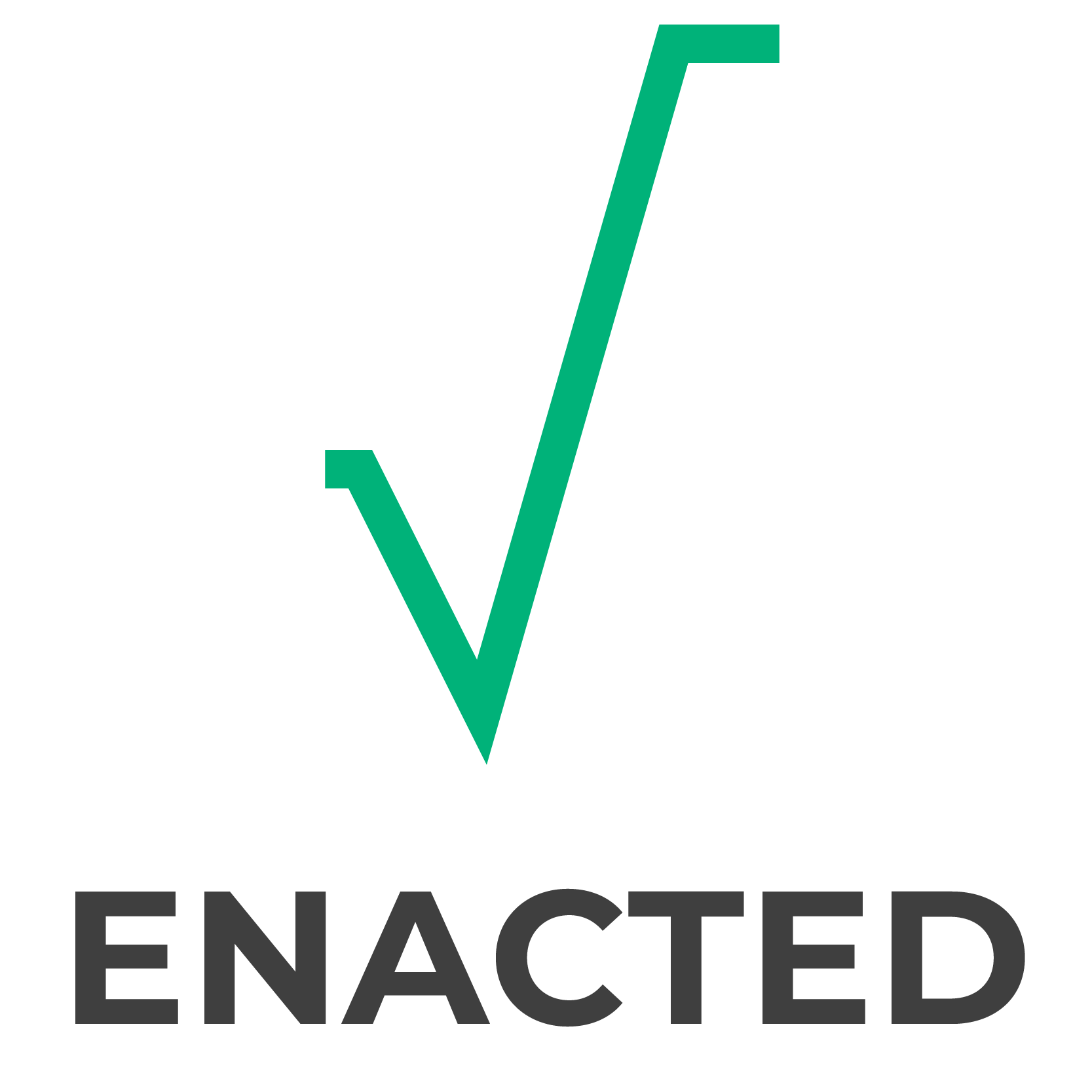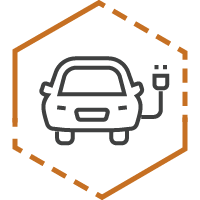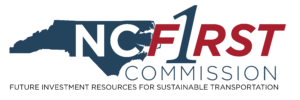North Carolina’s transportation funding model is outdated, and a lack of sustainable and reliable investment means our transportation system is in decline. Exhaustive research from various respected organizations and experts have identified solutions to help modernize our transportation funding model.

Existing Transportation Revenues
Existing tax revenues directly related to the use of the state’s highway infrastructure were being diverted to the General Fund instead of going to help maintain and improve our roads and bridges. Legislators ensured transportation-related funds go to transportation projects and maintenance.

In 2020, North Carolina collected $74.2 million from “short-term leases and subscriptions” (think renting a car from the airport), yet most of the revenues go to the ” General Fund” instead of the “Highway Fund” or “Highway Trust Fund.”
Update – In 2021, the North Carolina General Assembly included a provision in the FY 2021-2022 North Carolina budget to shift the funds from the General Fund to the Highway Fund.

Sales tax from purchases at an auto parts store or a repair to your car generated $526 million in the Fiscal Year 2020-2021, but the money went to the “General Fund” instead of helping pay for the improvement or maintenance of our roads and bridges.
Update – In 2022, the North Carolina General Assembly included a provision in the FY 2022-2023 North Carolina budget to shift the funds from the General Fund to the Highway Fund and Highway Trust Fund.
Fairness & Equity.
Right now, there are different types of vehicle owners and users of our transportation system that are not paying their fair share to help maintain and improve our roads and bridges. Legislators should consider making sure all users pay the same – it is a matter of fairness.

Electric vehicle owners benefit from our transportation infrastructure just as much as gas-powered vehicle owners, yet they pay significantly less (at least $50 for EV owners) to help maintain and improve our roads and bridges.
Update – In 2023, the North Carolina General Assembly included a provision in the FY 2023-2024 North Carolina budget to ensure EV owners are paying their fair share.

Hybrid vehicle owners benefit from our transportation infrastructure just as much as gas-powered vehicle owners, yet they pay significantly less (at least $90 for Hybrid owners) to help maintain and improve our roads and bridges.
Update – In 2023, the North Carolina General Assembly included a provision in the FY 2023-2024 North Carolina budget to ensure Hybrid owners are paying their fair share.

Rideshare companies like Uber and Lyft are growing in popularity, especially in our urban areas. Neighboring states, like Georgia, have passed laws that charge a fixed fee to help pay for maintenance and repairs of their roads and bridges.
Update – In 2023, the North Carolina General Assembly included a provision in the FY 2023-2024 North Carolina budget to ensure rideshare companies are contributing.
Research & Reports
The NC Chamber formed a coalition to engage on this topic – Destination 2030: The Road to a Stronger Transportation Future.
We will lead a broad-based coalition to modernize and diversify North Carolina’s transportation funding structure to improve our quality of life and meet the demands of a growing state in an increasingly competitive business environment.
NC FIRST was created in March 2019 and was composed of a diverse group of individuals with expertise in finance, business, and public policy.
The Commission was tasked with evaluating North Carolina’s current and future transportation investment needs by researching emerging trends, new technologies, and changing demographics.
The Regional Transportation Alliance is a membership group of nearly 100 leading companies across the Triangle and 25 local chambers of commerce in central North Carolina.
It serves as the regional business voice for transportation initiatives and policies to help keep our economy moving.





